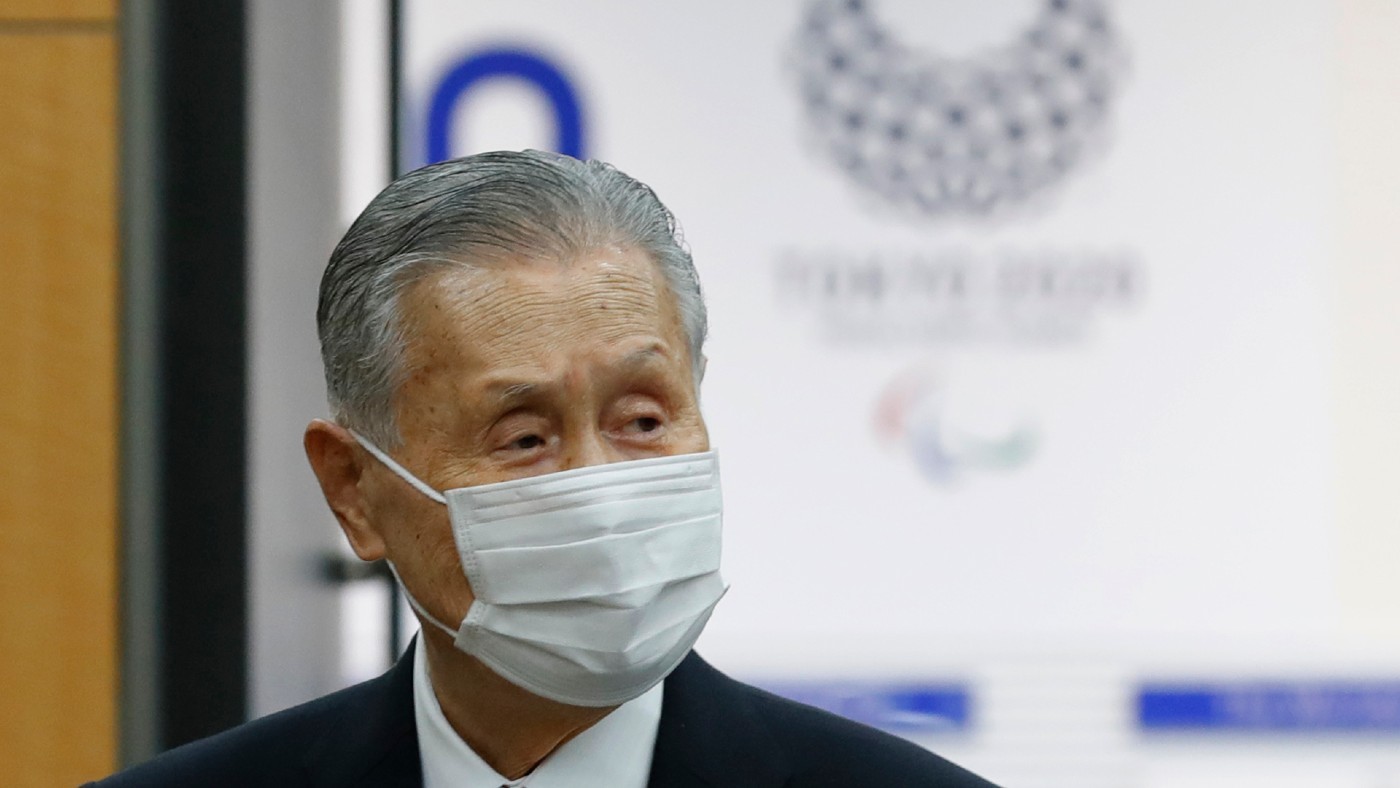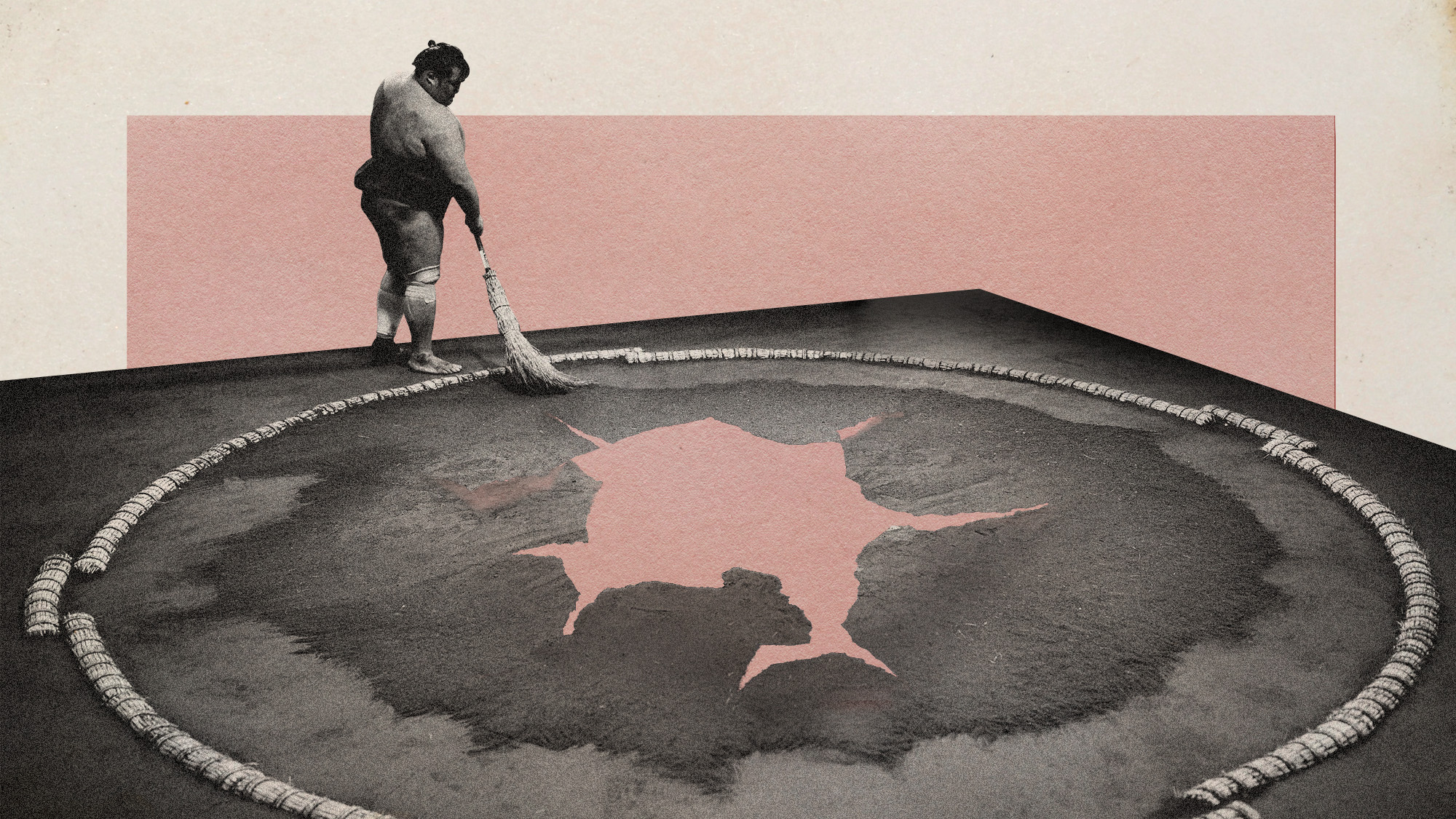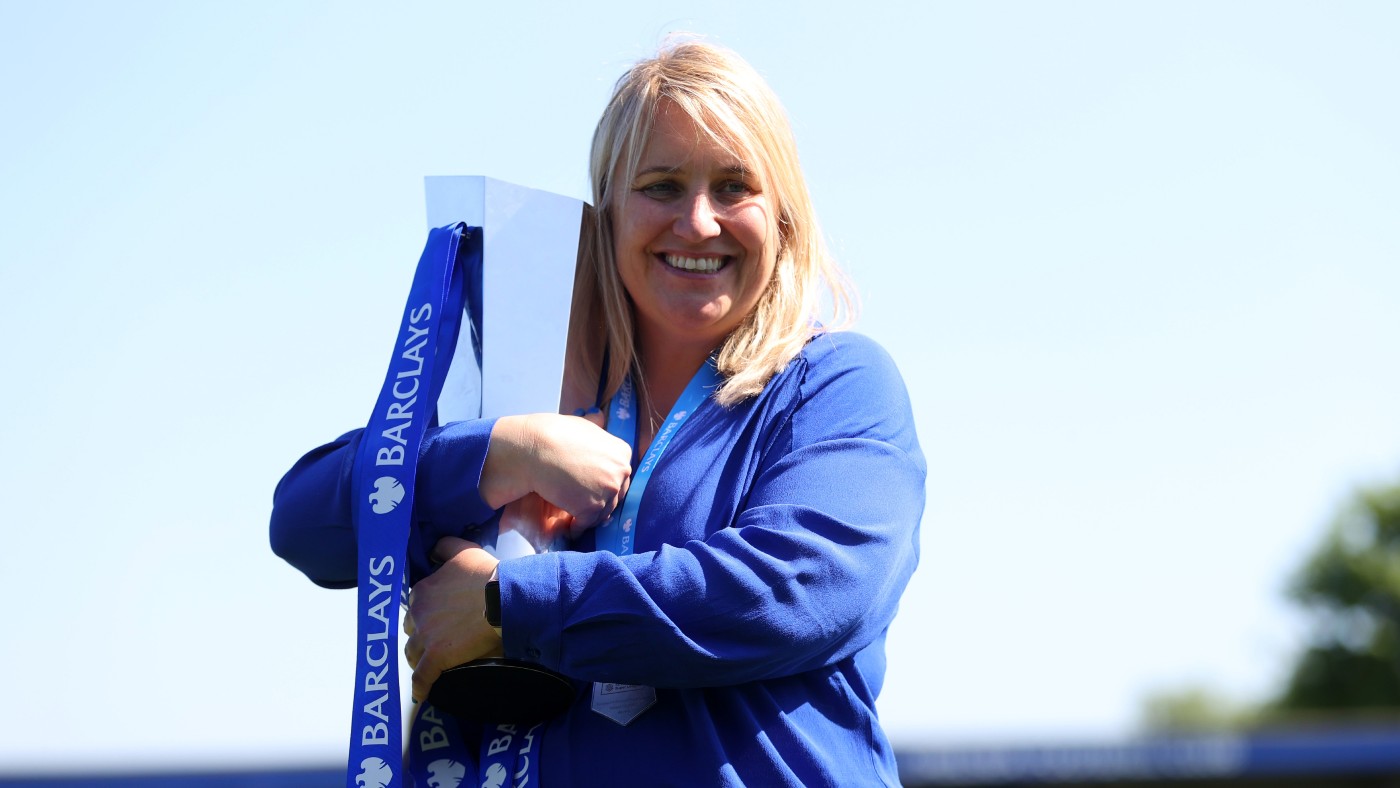Tokyo Olympic chief refuses to resign over sexist comments
Former Japanese PM Yoshiro Mori apologises for saying women talk too much in meetings

A free daily email with the biggest news stories of the day – and the best features from TheWeek.com
You are now subscribed
Your newsletter sign-up was successful
Another day, another crisis for the Tokyo Olympic Games organising committee.
In recent weeks, games chiefs have had to deny reports that the event may not take place because of the Covid-19 pandemic. There has also been major scrutiny of the rising costs of hosting the event and a poll which found that around 80% of the Japanese public want it cancelled or rescheduled.
On top of these battles, another controversy is threatening to overshadow the build-up to the summer Olympics and Paralympics - and this time it’s the man at the top who’s found himself in the line of fire.
The Week
Escape your echo chamber. Get the facts behind the news, plus analysis from multiple perspectives.

Sign up for The Week's Free Newsletters
From our morning news briefing to a weekly Good News Newsletter, get the best of The Week delivered directly to your inbox.
From our morning news briefing to a weekly Good News Newsletter, get the best of The Week delivered directly to your inbox.
Yoshiro Mori, president of the Tokyo Olympics, has sparked a sexism row by saying women board members “talked too much” and meetings with female board members “take a lot of time”.
According to the Asahi Shimbun newspaper, Mori made his comments at a Japan Olympic Committee (JOC) council meeting on Wednesday.
He was quoted as saying: “A meeting of an executive board that includes many women would take time. Women are competitive. When someone raises his or her hand and speaks, they probably think they should speak, too. That is why they all end up making comments.
“If we increase the number of female board members, we have to make sure their speaking time is restricted somewhat, they have difficulty finishing, which is annoying. We have about seven women at the organising committee but everyone understands their place.”
A free daily email with the biggest news stories of the day – and the best features from TheWeek.com
Online backlash
Mori, 83, is a former prime minister of Japan and known in the country for a “string of gaffes and undiplomatic statements he made while in office”, the BBC says.
The sexist comments made at the JOC meeting triggered a backlash on social media with the hashtag #Moriresign trending on Twitter.
He has today apologised and acknowledged that the remarks were “inappropriate”, but despite calls for his resignation, he will not be standing down.
“It was an inappropriate remark that went against the spirit of the Olympic and Paralympic movement,” Mori said at a news conference. “I deeply apologise for it.”
In an interview with Japan’s Mainichi newspaper Mori said his own female family members have been angered by the remarks. He said: “Last night, my wife gave me a thorough scolding. She said: ‘You’ve said something bad again, haven’t you? I’m going to have to suffer again because you’ve antagonised women’. This morning, my daughter and granddaughter scolded me as well.”
Japan ranks highly on a range of international indicators, but trails on promoting gender equality, the AFP news agency reports. In the 2020 World Economic Forum global gender gap survey, Japan ranked 121 out of 153 nations.
Last year the JOC said it was aiming for 40% of female members on its board, but as of November just five women were among the 24 board members.
Mike Starling is the former digital features editor at The Week. He started his career in 2001 in Gloucestershire as a sports reporter and sub-editor and has held various roles as a writer and editor at news, travel and B2B publications. He has spoken at a number of sports business conferences and also worked as a consultant creating sports travel content for tourism boards. International experience includes spells living and working in Dubai, UAE; Brisbane, Australia; and Beirut, Lebanon.
-
 Quentin Deranque: a student’s death energizes the French far right
Quentin Deranque: a student’s death energizes the French far rightIN THE SPOTLIGHT Reactions to the violent killing of an ultra-conservative activist offer a glimpse at the culture wars roiling France ahead of next year’s elections.
-
 Secured vs. unsecured loans: how do they differ and which is better?
Secured vs. unsecured loans: how do they differ and which is better?the explainer They are distinguished by the level of risk and the inclusion of collateral
-
 ‘States that set ambitious climate targets are already feeling the tension’
‘States that set ambitious climate targets are already feeling the tension’Instant Opinion Opinion, comment and editorials of the day
-
 Sumo wrestling is taking a beating
Sumo wrestling is taking a beatingUnder the Radar Scandals and high-profile resignations of former stars have 'sullied' image of Japan's national sport – but could its latest star turn the tide?
-
 MLB is bringing home top talent from Japan's most popular sport
MLB is bringing home top talent from Japan's most popular sportThe Explainer Players like Shohei Ohtani have become the face of Major League Baseball
-
 ‘Bazball’: England cricket’s glorious new look
‘Bazball’: England cricket’s glorious new lookIn the Spotlight A staggering turnaround has taken place under Brendon McCullum and Ben Stokes
-
 England’s epic win: Test cricket that was ‘quite simply, out of this world’
England’s epic win: Test cricket that was ‘quite simply, out of this world’In the Spotlight Victory over New Zealand was one of the most ‘glorious and scintillating’ in England’s history
-
 Carlos Alcaraz: teenager takes his seat at tennis’s ‘top table’
Carlos Alcaraz: teenager takes his seat at tennis’s ‘top table’In the Spotlight Spaniard overcame the biggest names to win the Madrid Open
-
 Emma Hayes’s Chelsea: a trophy-winning machine
Emma Hayes’s Chelsea: a trophy-winning machineIn the Spotlight It’s the third Women’s Super League title in a row for the Blues
-
 Katie Taylor vs. Amanda Serrano: the ‘greatest’ women’s boxing fight in history
Katie Taylor vs. Amanda Serrano: the ‘greatest’ women’s boxing fight in historyIn the Spotlight The world’s top two female boxers faced off for the first time and produced an ‘unforgettable’ show
-
 Tyson Fury: will he retire from boxing or become the undisputed ‘Lord of the Ring’?
Tyson Fury: will he retire from boxing or become the undisputed ‘Lord of the Ring’?In the Spotlight Pundits look at what the Gypsy King will do next after his masterclass against Dillian Whyte